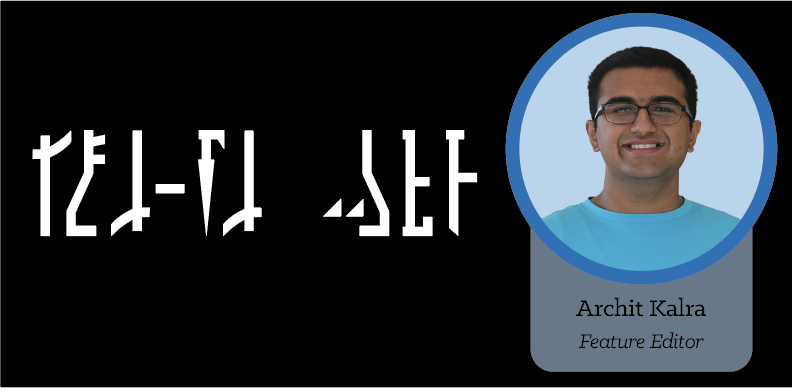Sci-Fi Guy
Science fiction often contains insights about society
One of my first experiences with science fiction was with famed author Ray Bradbury’s short story Frost and Fire. The story centers around a civilization of humans on a planet where high levels of radiation have shortened the average lifespan to just eight days and how one person finds a rocket they can use to protect themselves and live longer. After poring over this story for days, rereading and trying to comprehend it, I realized there were a number of similarities to life on Earth, here and now. Life-threatening radiation? Impending dangers to humanity? An unlikely hero who can save the day?
Intrigued, I catapulted into the works of Isaac Asimov, Karel Čapek, H.G. Wells and other authors’ works, each time looking at how the overarching sci-fi could be a critique of the human condition and a gateway to imagine what the future could be like if we weren’t careful.
Take Čapek, for example––he himself coined the word “robot” in his play “R.U.R.,” which was published back in 1920. In the play, robots end up taking over human society, decades before the first artificial intelligence programs and the Internet sparked concerns of future “robot apocalypses.”
Admittedly, being interested in science fiction has often led me to be called a “nerd,” but I’ve usually brushed off this term––reading sci-fi opened up my mind quite a bit because it forced me to enter a mental time machine and think about what things could look like hundreds of thousands of years from now (I’m looking at you, Morlocks) and forced me to think about how some of our societal problems could be addressed along the way. And it’s not just books––sci-fi movies can tell many of these stories too (think “Star Wars” or “I, Robot” or “Ex Machina” or any other film out of myriad that show what could happen when we use science for different purposes like making intelligent robots).
In all honesty, reading about all these different scenarios with supercomputers, mutated genomes and cyberviruses has been a rather insightful experience. Hey, maybe I’ll know how to stop a zombie apocalypse in 20 years because of one of these sci-fi books. If going through such an informative experience like this means you have to be known as a “nerd,” then I think we should all “nerd out” and get in touch with a bit of sci-fi.
We can learn a lot about insight and the human condition through sci-fi literature, and it would do everyone good to read just a little sci-fi or watch a sci-fi movie to get a glimpse of some of the thoughts, hopes, dreams and fears that exist for the future. My thoughts? Channel the “nerd.” There’s a little bit of realism in almost every aspect of science fiction, and if you read even one short story that can show you what it looks like, it could change your life.


